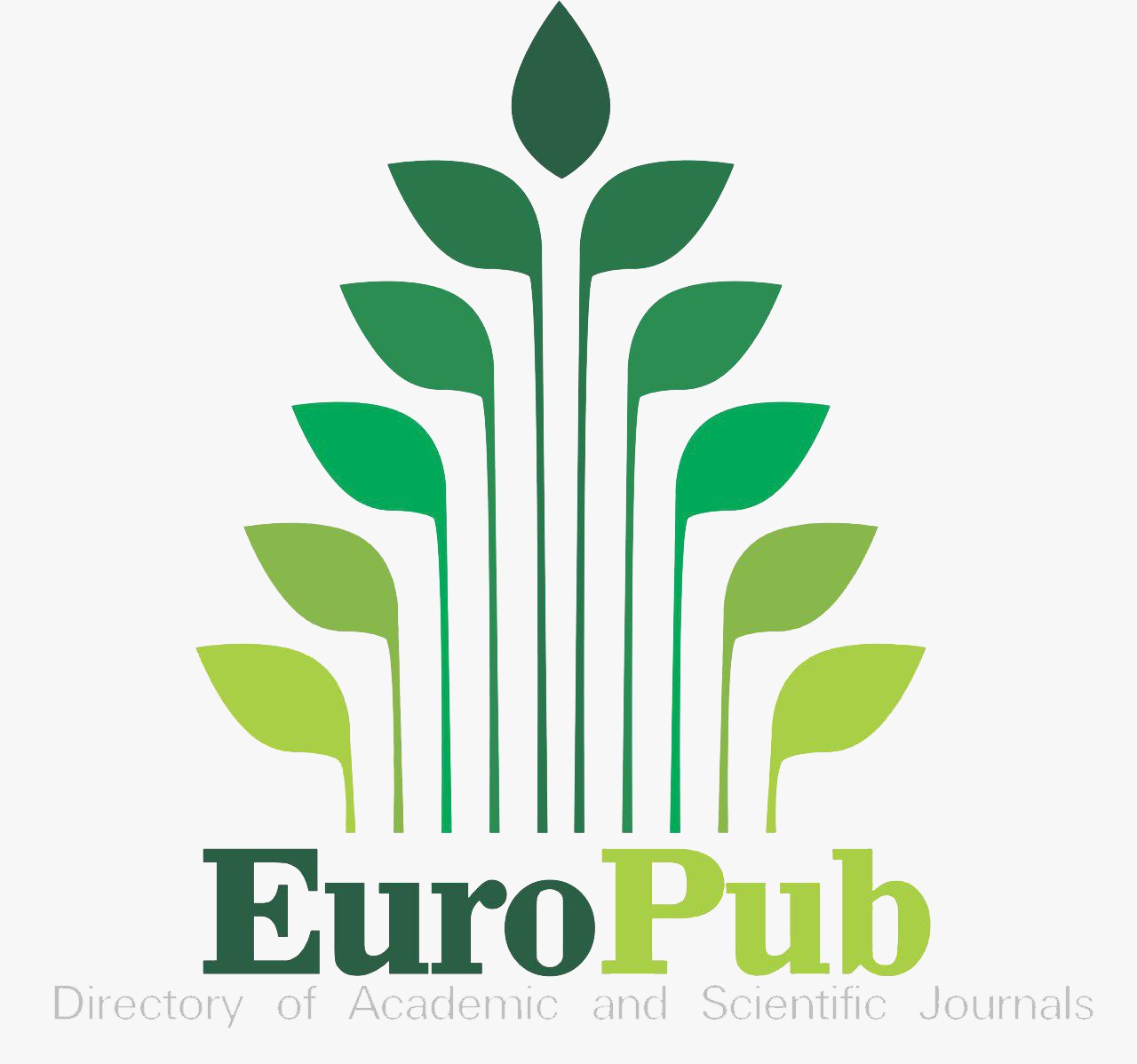FROM INTERACTIONS TO ALGORITHM: STRENGTHENING COGNITIVE SKILLS THROUGH DISCONNECTED ACTIVITIES AMONG STUDENTS FOR THE DEVELOPMENT OF COMPUTATIONAL THINKING
DOI:
https://doi.org/10.56219/dialctica.v2i26.4695Keywords:
interactions, algorithms, cognitive skills, disconnected activities and computational thinkingAbstract
Education today is facing countless changes, some of them marked by technological advances; thus, today we can see how artificial intelligences have taken over the teaching processes; in this sense, it is necessary to channel actions and activities to strengthen teaching from interactions to the algorithm with emphasis on computational thinking; thus, the following general objective emerges: to reflect from interactions to the algorithm, on the strengthening of cognitive skills through disconnected activities among students for the development of computational thinking. The methodology used is based on content analysis, centered on a systematic review mediated by documentary analysis; which converges in generating a scientific essay framed in a contribution for teachers to manage to develop in an adequate way in the teaching of computational thinking in the classroom; which brings with it the necessary knowledge to promote quality education.
Downloads
References
Acevedo-Duque, Á., Argüello, A., Pineda, B. y Turcios, P. (2020). Competencias del docente en educación online en tiempo de COVID-19: Universidades Públicas de Honduras. Revista de Ciencias Sociales (Ve), XXVI (Número especial 2), 206-224.
Baddeley, A. (2012). Memoria de trabajo: teorías, modelos y controversias. Annual Review of Psychology, 63, 1-29. https://translate.google.com/translate?u=https://www.annualreviews.org/content/journals/10.1146/annurev-psych-120710-100422&hl=es&sl=en&tl=es&client=srp DOI: https://doi.org/10.1146/annurev-psych-120710-100422
Báez, C., & Clunie, C. (2019). Una mirada a la Educación Ubicua. RIED. Revista Iberoamericana de Educación a Distancia, 22(1), 169-186. https://doi.org/10.5944/ried.22.1.22422 DOI: https://doi.org/10.5944/ried.22.1.22422
Boscán, M.; Lozada, R., Ordoñez, C. Acosta de Mavárez, A. (2021). Competencias tecnológicas y gestión administrativa en instituciones educativas públicas ecuatorianas del nivel de bachillerato, en escenarios de pandemia. RISTI: Revista Ibérica de Sistemas e Tecnologias de Informação, ISSN-e 1646-9895, Nº. Extra 44, 2021, págs. 315-325
Bransford, J., Brown, A., & Cocking, R. (2000). How People Learn: Brain, Mind, Experience, and School. Washington DC: National Academy Press. https://www.scirp.org/reference/referencespapers?referenceid=1750614
Caballero, Y., & García, A. (2021). Robots en la educación de la primera infancia: aprender a secuenciar acciones usando robots programables. RIED. Revista Iberoamericana de Educación a Distancia, 24(1), 77-94. https://doi.org/10.5944/ried.24.1.27508 DOI: https://doi.org/10.5944/ried.24.1.27508
Durango, C., & Ravelo, R. (2020). Beneficios del programa Scratch para potenciar el aprendizaje significativo de las Matemáticas en tercero de primaria. Trilogía Ciencia Tecnología Sociedad, 12(23), 49-60. https://doi.org/10.22430/21457778.1524 DOI: https://doi.org/10.22430/21457778.1524
Flavell, J. (1979). Metacognition and cognitive monitoring: A new area of cognitive–developmental inquiry. American Psychologist, 34(10), 906–911. https://doi.org/10.1037/0003-066X.34.10.906 DOI: https://doi.org/10.1037/0003-066X.34.10.906
García, B., Canavilhas, J., & Vázquez, J. (2023). Algorithms and communication: A systematized literature review. [Algoritmos y comunicación: Revisión sistematizada de la literatura]. Comunicar, 74, 9-21. https://doi.org/10.3916/C74-2023-01 DOI: https://doi.org/10.3916/C74-2023-01
González Segura, C. M.; Solís Baas, N. V.; Montañez May, T. J.; García García, M. y Canché Euán, M. (2024) Promoviendo el Pensamiento Computacional Desenchufado en un Proyecto Social Revista EIA, 22(43), Reia4307 pp. 1-23. https://doi.org/10.24050/reia. v22i43.1834 DOI: https://doi.org/10.24050/reia.v22i43.1834
Jojoa, S. (2016). El sainete como estrategia didáctica para el fortalecimiento de la expresión oral en la educación media. Revista Virtual Universidad Católica del Norte, (48), 1082-1084. https://www.academia.edu/download/97747493/Publicacion_Memoria_Indexada_Pedagogia_Social.pdf#page=536
Moreira-Choez, J. S., Lamus de Rodríguez, T. M., Olmedo-Cañarte, P. A., y Macías-Macías, J. D. (2024). Valorando el futuro de la educación: Competencias Digitales y Tecnologías de Información y Comunicación en Universidades. Revista Venezolana De Gerencia, 29(105), 271-288. https://doi. org/10.52080/rvgluz.29.105.18
Nieto, A., Saiz, C., & Orgaz, B. (2009). Análisis de las propiedades psicométricas de la versión española del HCTAES-Test de Halpern para la evaluación del pensamiento crítico mediante situaciones cotidianas. Revista Electrónica de Metodología Aplicada, 14(1), 1–15. https://www.pensamiento-critico.com/archivos/halpernrema.pdf
Wing, J. (2006). Computational Thinking. Communications of the ACM, 49(3), 33–35. https://doi.org/10.1145/1118172.1118189 DOI: https://doi.org/10.1145/1118178.1118215
Zohar, A., & Dori, Y. J. (2021). Teaching thinking in science education: Towards an integrative taxonomy of thinking skills. Science & Education, 30(6), 1421-1442. https://translate.google.com/translate?u=https://link.springer.com/article/10.1007/s11191-021-00202-5&hl=es&sl=en&tl=es&client=srp
Downloads
Published
How to Cite
Issue
Section
License

This work is licensed under a Creative Commons Attribution-NonCommercial-ShareAlike 4.0 International License.
La revista Dialéctica conserva los derechos patrimoniales (copyright) de las obras publicadas, que favorece y permite la reutilización de los mismos bajo la licencia Creative Commons Atribución-NoComercial-CompartirIgual 4.0 , por lo cual se pueden copiar, usar, difundir, transmitir y exponer públicamente, siempre que se cite la autoría y fuente original de su publicación (revista, editorial, URL y DOI de la obra), no se usen para fines comerciales u onerosos y se mencione la existencia y especificaciones de esta licencia de uso. Si remezcla, transforma o crea a partir del material, debe distribuir su contribución bajo la misma licencia del original.












